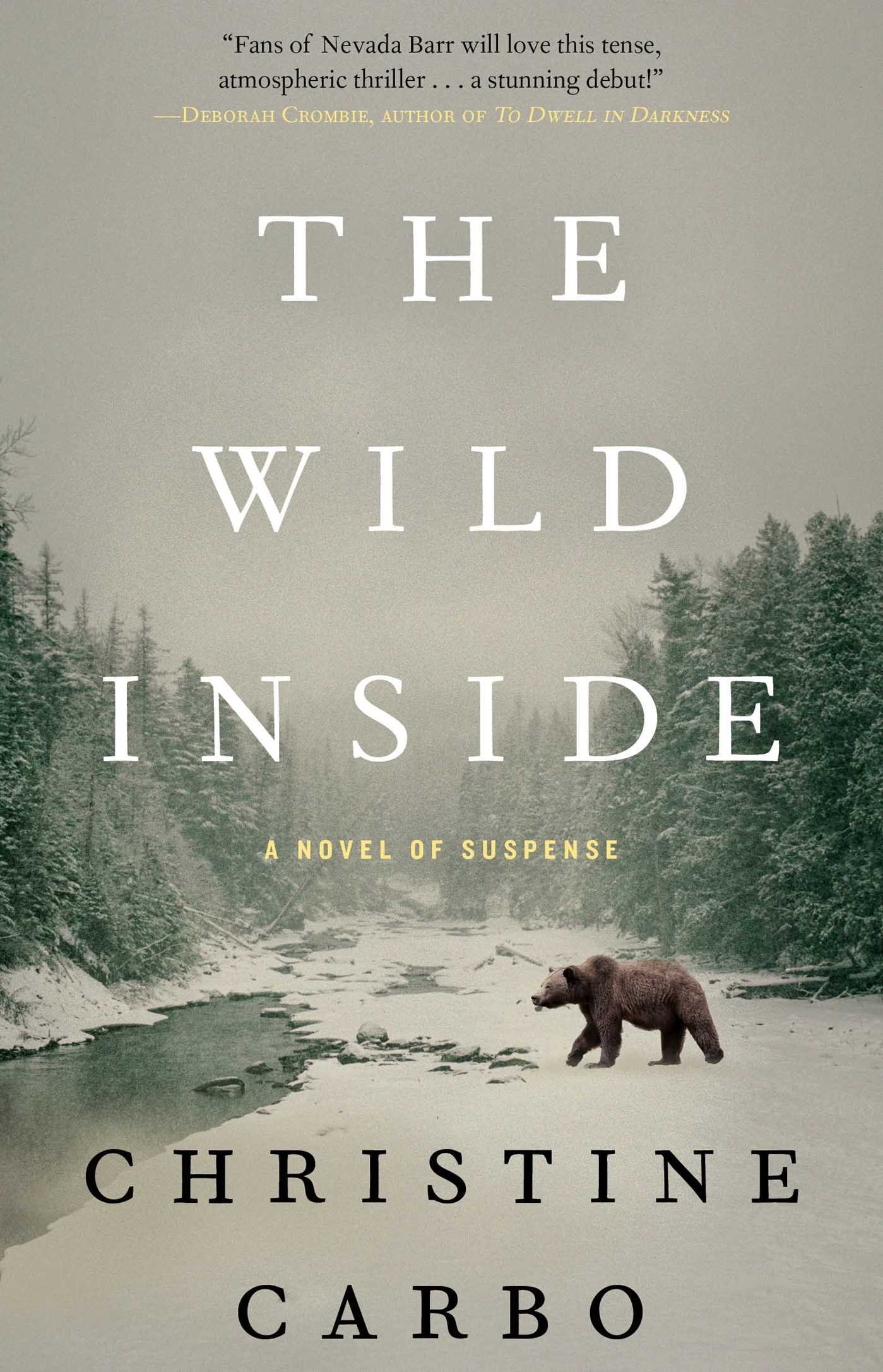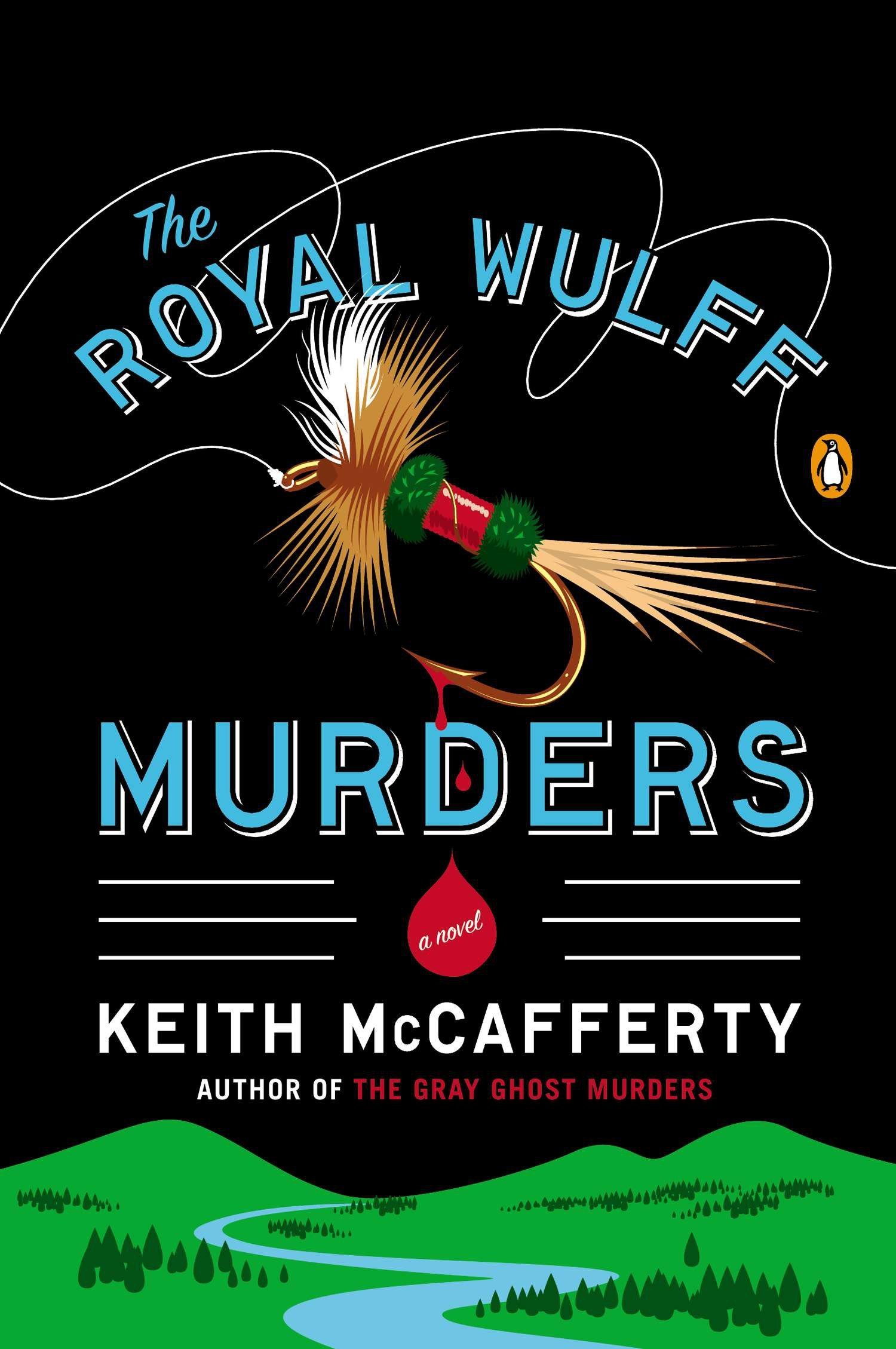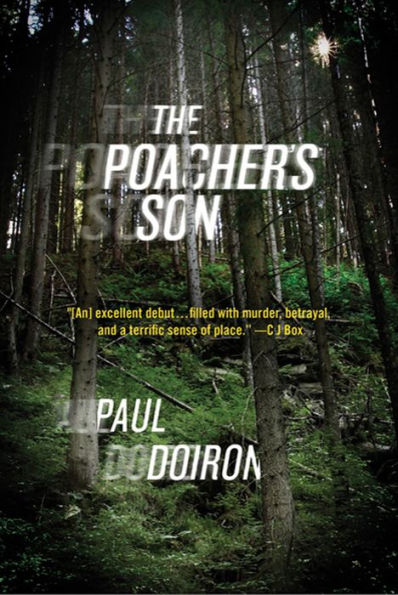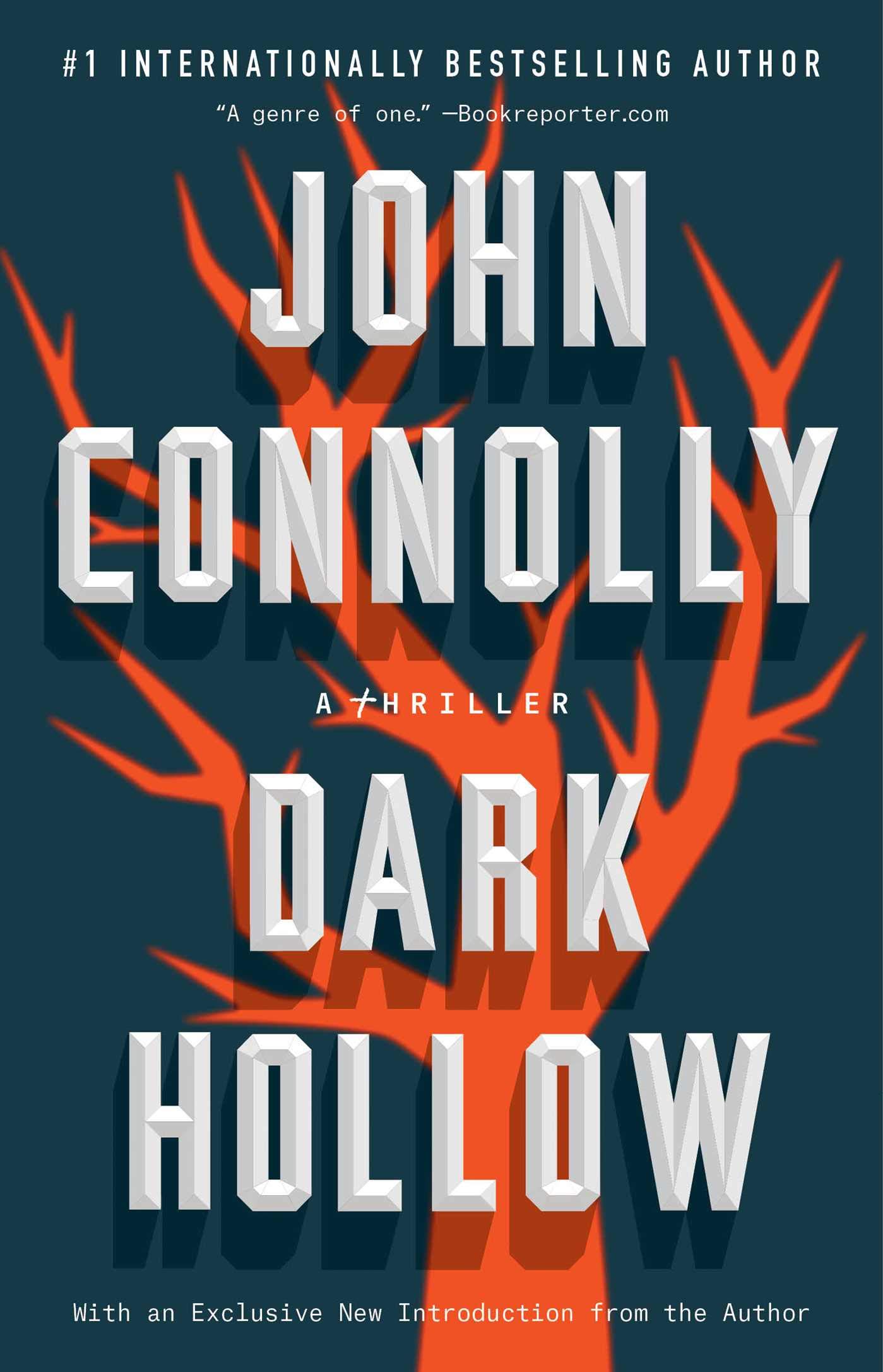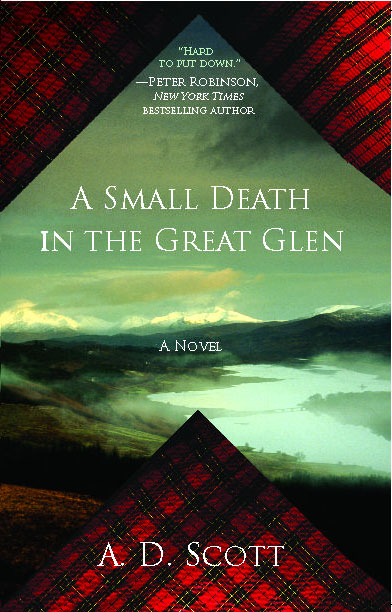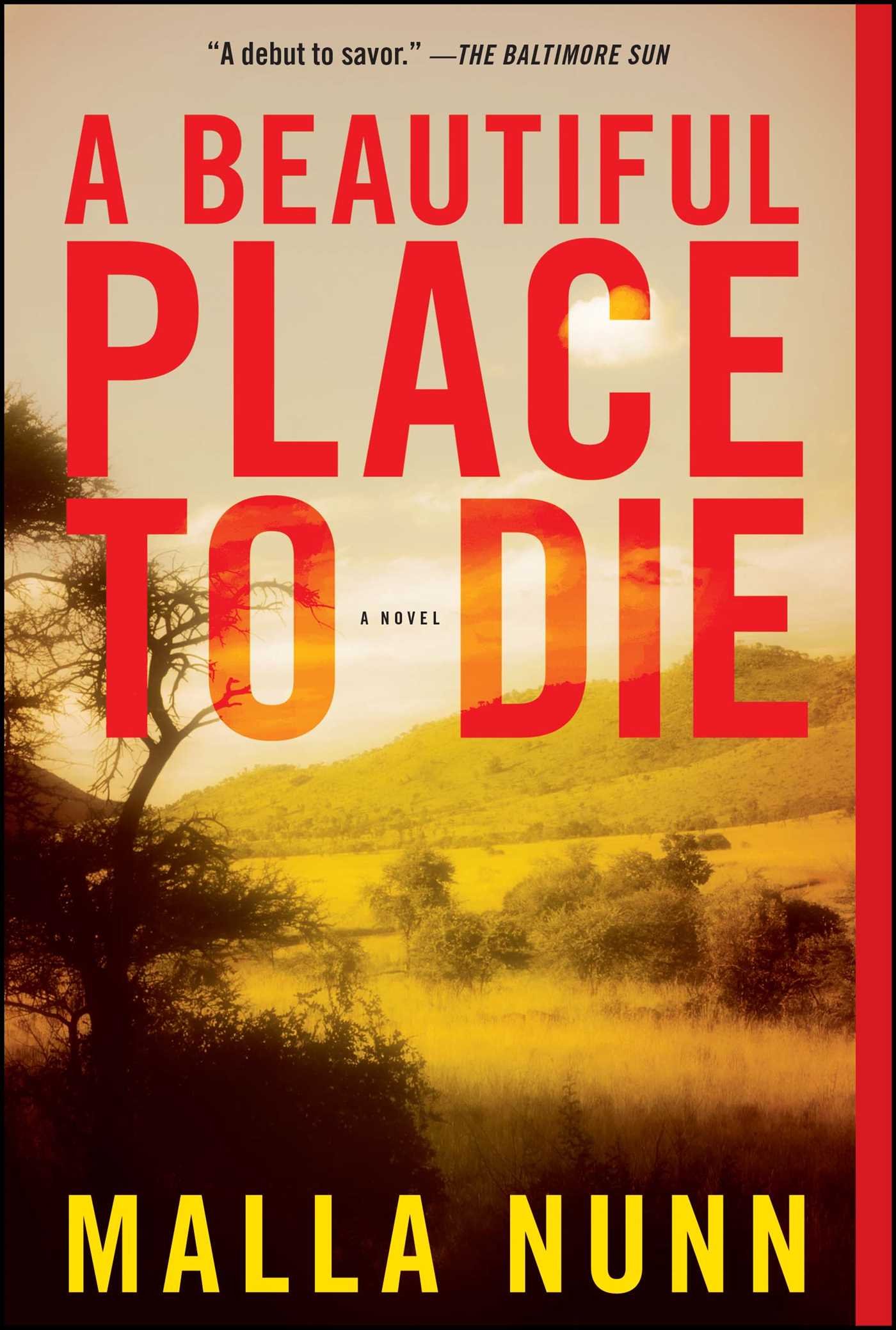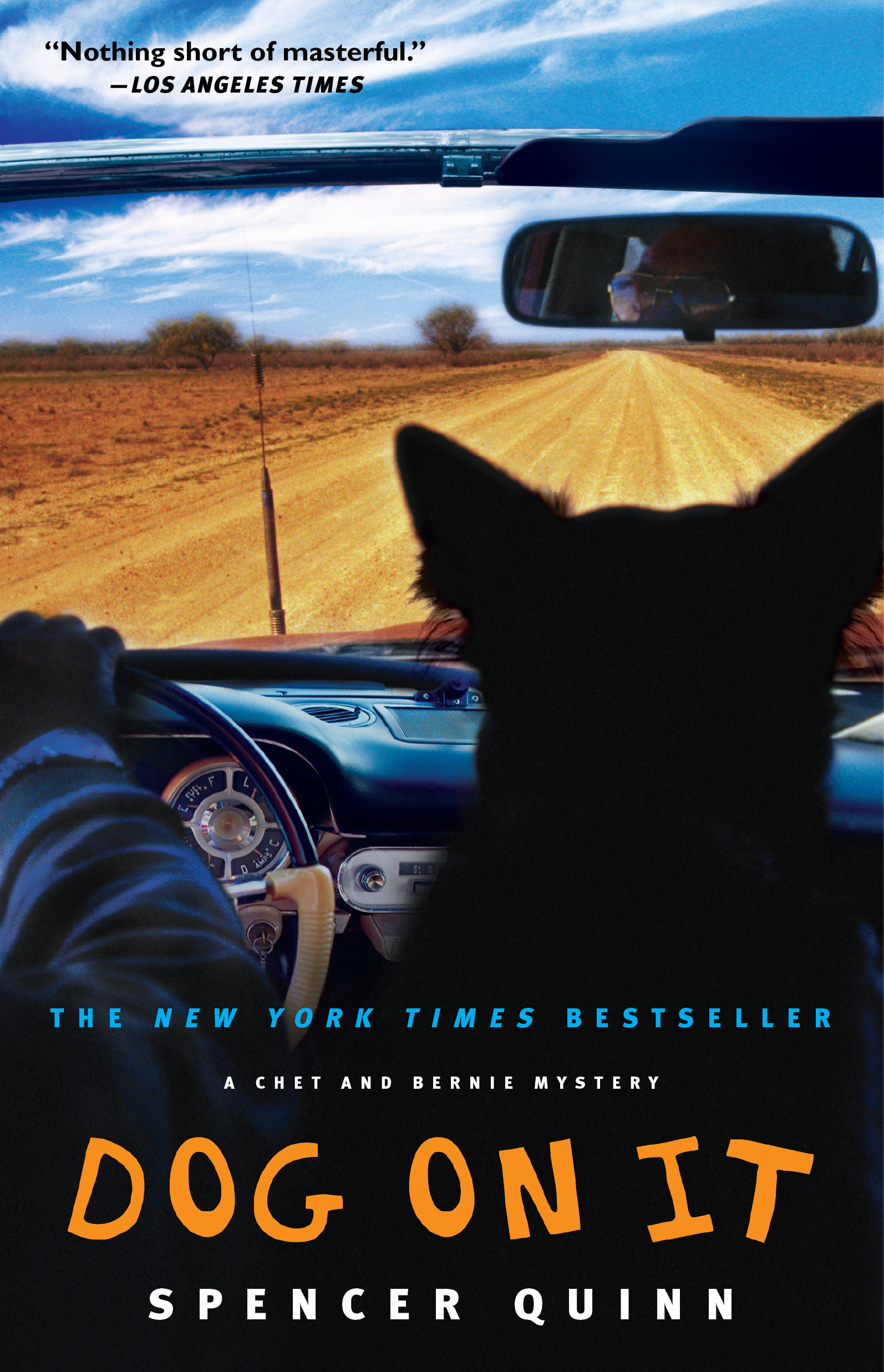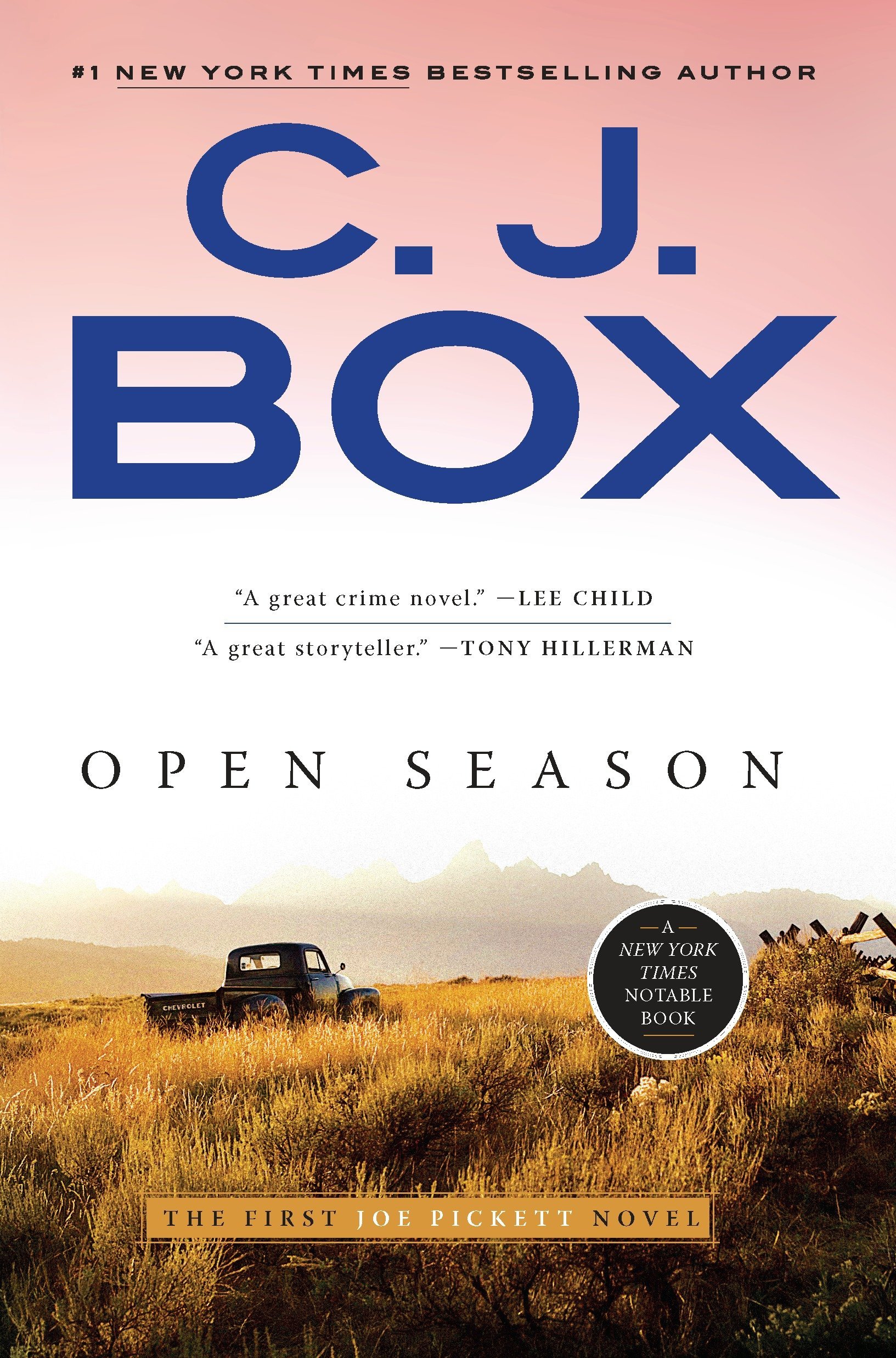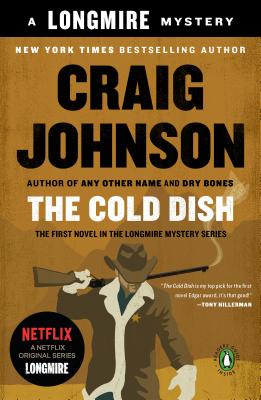Whenever I recommend a favorite mystery series to another reader, I always advise starting at the beginning. While all good authors improve over time, that initial offering can be so pivotal to a full understanding and appreciation of the development of character and sense of place in later works. The 10 debut novels I’ve chosen come from series that have given me great pleasure because the authors are pretty good at doing three things that make a story sing for me: grounding a reader in the natural beauty of a remarkable, usually wild, area; creating characters who are richly drawn and wonderfully complex; and, of course, spinning a fine, compelling mystery.

William Kent Krueger Recommends 10 Compelling Mystery Series
Christine Carbo sets her series in Glacier National Park, as stunning a backdrop for a story as you can possibly imagine. This initial outing centers on a grizzly mauling that involves much more intrigue than a clear-cut death from an animal attack. Although she's terrific at giving a profound sense of the grandeur of the Montana Rockies, Carbo never loses sight of the important intersection of the human and the wild, a seductive but dangerous place that can kill the body just as easily as it can fire the soul.
MENTIONED IN:
I'm not a fly-fisherman, but I found myself completely caught and never floundering when I read Keith McCafferty's first entry in his Sean Stranahan series, which is also grounded in the wilds of Montana. Stranahan is an immensely likable fellow, a fly-fisherman and occasional photographer with a past as an unsuccessful private eye. The plot is engaging, but what's really attractive here, as with the rest of the series, are McCafferty's wry observations on life, nature, and, of course, Montana and the siren song of the rivers that run through it.
Paul Doiron's first novel had been recommended to me by a lot of my fellow mystery writers, but I confess that it took me a while to get around to reading it. What a mistake. Set in Maine, it's an emotionally taut tale of a young game warden trying to come to terms with his past and the shadow cast over it by his hard-drinking father, a stone of a man who made his living as a poacher and who has now been accused of murder. The powerful evocation of the backwoods of Maine; the gut-wrenching struggle of Mike Bowditch, the aforementioned game warden and series protagonist; and the elegance of the prose itself drive this story powerfully from first page to last.
So, okay, this isn't the first in John Connolly's fine Charlie Parker series; it's the second. But this is the book with which I discovered and fell in love with Connolly's work. In my humble opinion, there's no darker, scarier, or more eloquent writer of crime novels than John Connolly. His Charlie Parker series stands well above so many others for both its fine prose and its grim vision. The story is set in Maine, and although Connolly is a native of Ireland, he evokes the backwoods with such profound familiarity and sense of intimacy that it's difficult to believe he wasn't born and bred in the Pine Tree State.
I've never been to the Scottish Highlands, but after I read A. D. Scott's lovely first novel in her Highland Gazette series, I swore I could smell the heather and feel the mists from Loch Ness on my face. This novel is compelling not just for its evocation of the wild Scottish Highlands but also for its sense of time. Set in the 1950s, in a town that greatly resembles Inverness, Scott offers a place and a people still recovering from the ravages of the Second World War. The plot revolves around the hunt for the murderer of a small boy, but it's the atmosphere—the dark brooding glens and the gothic creep of mists—that will keep you chilled as you read late into the night.
In the Highlands of 1950s Scotland, a boy is found dead and two young girls have an unbelievably fanciful explanation for his disappearance. When the local newspaper staff set out to find the truth, the townspeople’s dark pasts threaten to prevent the crime from ever being solved.
MENTIONED IN:
The beauty of the writing and the beauty of the place written about converge expertly in Malla Nunn's debut novel in her Emmanuel Cooper series. As with A. D. Scott's work, the time is the 1950s, but the place is Apartheid-dominated South Africa, where cultures collide in tragic ways. The killing of an Afrikaner police captain brings not only Detective Sergeant Cooper and his Zulu colleague Inspector Shabalala to a small border town but also investigators from the dreaded Security Branch, bent on a cover-up. The politics of Apartheid are important to this riveting mystery, but equally important is the physical landscape of the small villages and the veldt, which Nunn offers in glorious, telling prose.
Sense of place is probably less important in this delightful series than the two main characters, a dog named Chet and his owner, Bernie Little. Here's the deal: Chet tells us the story, a mystery experienced through a dog's senses and understandings. It's a refreshing take on the genre, and the details of place are those that a dog would find important, smells particularly. It's set in Arizona, and across the course of the series, the Grand Canyon state is well evoked. This debut outing involves a kidnapping, but let's face it: the true draw here is the duo at the story's heart, particularly the winning Chet.
When a panicked mother approaches Bernie Little’s struggling detective agency with a missing person case, he can’t believe his luck. Narrated by Bernie’s canine sidekick Chet, this is a fast-paced tale of adventure, suspense, and the lovable loyalty of man’s best friend.
Like me, Steve Hamilton weaves elements of the Ojibwe culture into his work and sets his stories in what we call the North Country. In Hamilton's case, we're talking the Upper Peninsula of Michigan, a territory of deep, isolated woodlands and clear streams bounded by a cold giant named Lake Superior. Alex McKnight, a former Detroit cop turned private eye, is at the heart of the stories, and he's a man with a tortured past and resourceful nature. But for me, the two brightest stars of this series are the crisp prose with echoes of Hemingway and the soul of the Northwoods, which Hamilton captures with stark beauty. To top it off, this novel won the Edgar Award for Best First Novel.
Game warden Joe Pickett, the protagonist of C. J. Box's Wyoming-set series, is a rarity in our genre. He's a family man, and his devotion to his wife and children is often a significant element of the plot. In this debut outing, Joe tangles with a local poacher who ends up dead in Joe's woodpile. Guess who's the prime suspect in the murder. As with the other books on the list, it's the dramatic backdrop of Wyoming, the profound evocation of Ten Sleep County, where Joe and his family live, and the magnificence of the Rocky Mountains that set this debut apart.
By now, most television watchers are familiar with the A&E/Netflix series Longmire. What many don't realize is that the show is based on a fine, long-running series of books by Wyoming writer Craig Johnson. The stories are set in the fictional Absaroka County, a place where the range country and the mountains meet. Walt Longmire is the county sheriff, a job that often takes him into the stunning backcountry and offers Johnson the chance to make that territory pop. Along the way, in this debut, we get a good introduction to the Basque culture of this sheep-grazing area, to the local Native Americans—the engaging Henry Standing Bear among them—and, of course, to the colorful supporting cast of locals. If you only know the television series, it's imperative that you give this novel a read. My guess is that in short order you'll be gobbling up the rest of the series.









